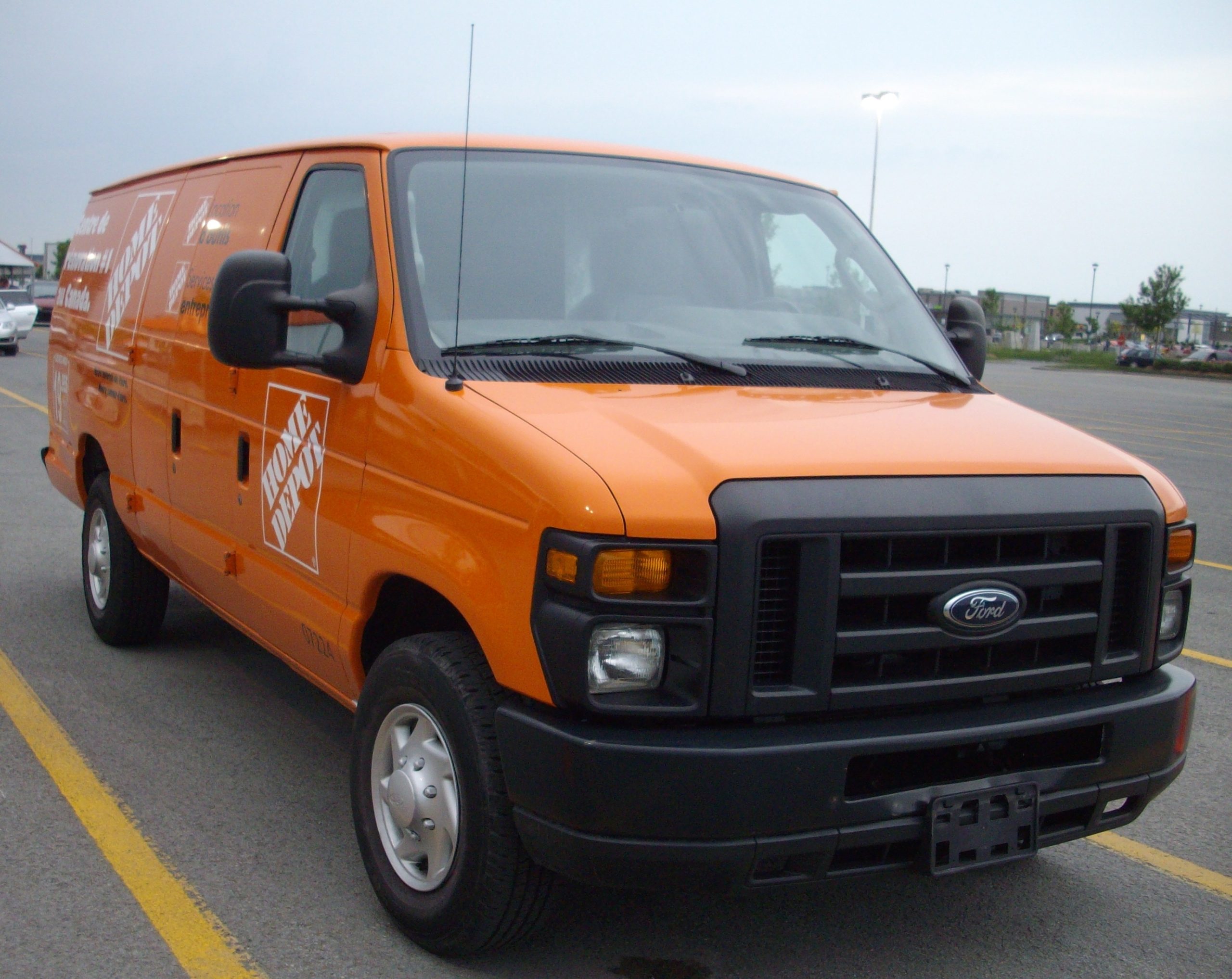 If you are walking down the aisle of a store and fall and injure yourself, you may think you have a winning lawsuit. However, that is not always the case. A recent lawsuit out of Gretna, Louisiana, establishes what a plaintiff needs to prove when filing a slip-and-fall lawsuit in Louisiana.
If you are walking down the aisle of a store and fall and injure yourself, you may think you have a winning lawsuit. However, that is not always the case. A recent lawsuit out of Gretna, Louisiana, establishes what a plaintiff needs to prove when filing a slip-and-fall lawsuit in Louisiana.
Terry Collins was walking down one of the lumber aisles in a Home Depot in Gretna, Louisiana when he slipped and fell on a liquid substance spilled on the floor. Home Depot and ISS Facility Services, Inc. had a Maintenance Services Agreement and before Collins fell, ISS employees used a floor-cleaning machine around where Collins slipped. Following the accident, Collins and his wife filed a lawsuit against Home Depot and ISS.
Home Depot moved for summary judgment, asking the court to decide in its favor based on the current facts. Home Depot argued under La. R.S. 9:2800.6. Collins failed to prove Home Depot had actual or constructive notice, meaning Home Depot employees were actually aware of or should have been aware of the spilled liquid in the aisle.
La. R.S. 9:2800.6 requires plaintiffs who are suing businesses to prove that (1) the store owed the plaintiff a legal obligation to keep the premises safe and free of hazards, such as the slippery substance (2) the dangerous condition presented an unreasonable risk of harm and that risk was foreseeable (3) the defendant had actual or constructive notice of the condition prior to the accident and (4) the defendant failed to exercise reasonable care. Reasonable care is defined as what a reasonable business would do in the same or similar circumstances.
In support of its motion for summary judgment, Home Depot attached the plaintiffs’ petition for damages and a portion of Collins’ deposition testimony. The testimony revealed Collins had been down the aisle where he fell twice within 30 minutes. The second time Collins walked down the aisle, he said he slipped on liquid streaks he believed were caused by the ISS employees. However, Collins said he had never witnessed the employees cleaning the floor when he walked down the aisle for the first time.
Further, Home Depot also attached an affidavit from Christina LaBbombard, a Home Depot Senior Manager, which confirmed the Maintenance Service Agreement between ISS and Home Depot was in effect on the day Collins was injured. The affidavit also revealed ISS employees were not on Home Depot payroll and Home Depot had no authority or control over how the ISS employees performed their work. Further, Home Depot did not own the floor-cleaning machine the ISS employees used to clean the floor. Lastly, Home Depot included another affidavit from the Assistant Store Manager, James Barger. Barger said he went to the aisle within minutes of Collins falling and he never saw any liquid on the floor. According to Barger, no Home Depot employees used the floor-cleaning machine and no other customers complained of any liquid on the floor.
After a hearing, the trial court granted Home Depot’s motion for summary judgment because ISS was an independent contractor and the plaintiffs failed to prove Home Depot had any knowledge of the condition. The plaintiffs then filed an appeal seeking to overturn the summary judgment ruling. The court of appeals first considered whether Home Depot created the dangerous condition, causing Collins to fall. Collins argued there was a reasonable dispute as to whether the ISS employees could be considered Home Depot Employees, making the company liable under vicarious liability.
Vicarious liability is when employees are liable for the actions of their employees when they are acting within the scope of their employment. Ultimately, the court found Home Depot did not have enough control over the ISS employees to make the company vicariously liable. This is because Home Depot did not have any authority over how the ISS employees conducted the maintenance and Home Depot did not supervise the ISS employees. Next, the court evaluated whether Home Depot had constructive knowledge of the liquid. Under La. R.S.9:2800.6(B)(2) plaintiffs to have present “positive evidence” of the existence of the condition before the accident in order to establish constructive knowledge. Collins failed to present any such evidence and Home Depot provided evidence no other customers complained of any liquid on the floor.
This case makes clear although a slip and fall may have occurred within a certain business, the business may not be at fault if an independent contractor caused the supposed condition. This emphasizes the importance of naming the correct defendants in a lawsuit and presenting enough evidence in order for the case to make it to trial. It also helps show what is needed to prove a slip and fall lawsuit in Louisiana.
Additional Sources: TERRY COLLINS & LAINIE COLLINS VERSUS THE HOME DEPOT, U.S.A., INC.
Written by Berniard Law Firm
Other Berniard Law Firm Articles on Slip and Fall Accidents: Wal-Mart Not Liable For Slip And Fall Accident in Houma, Louisiana
 Insurance Dispute Lawyer Blog
Insurance Dispute Lawyer Blog

